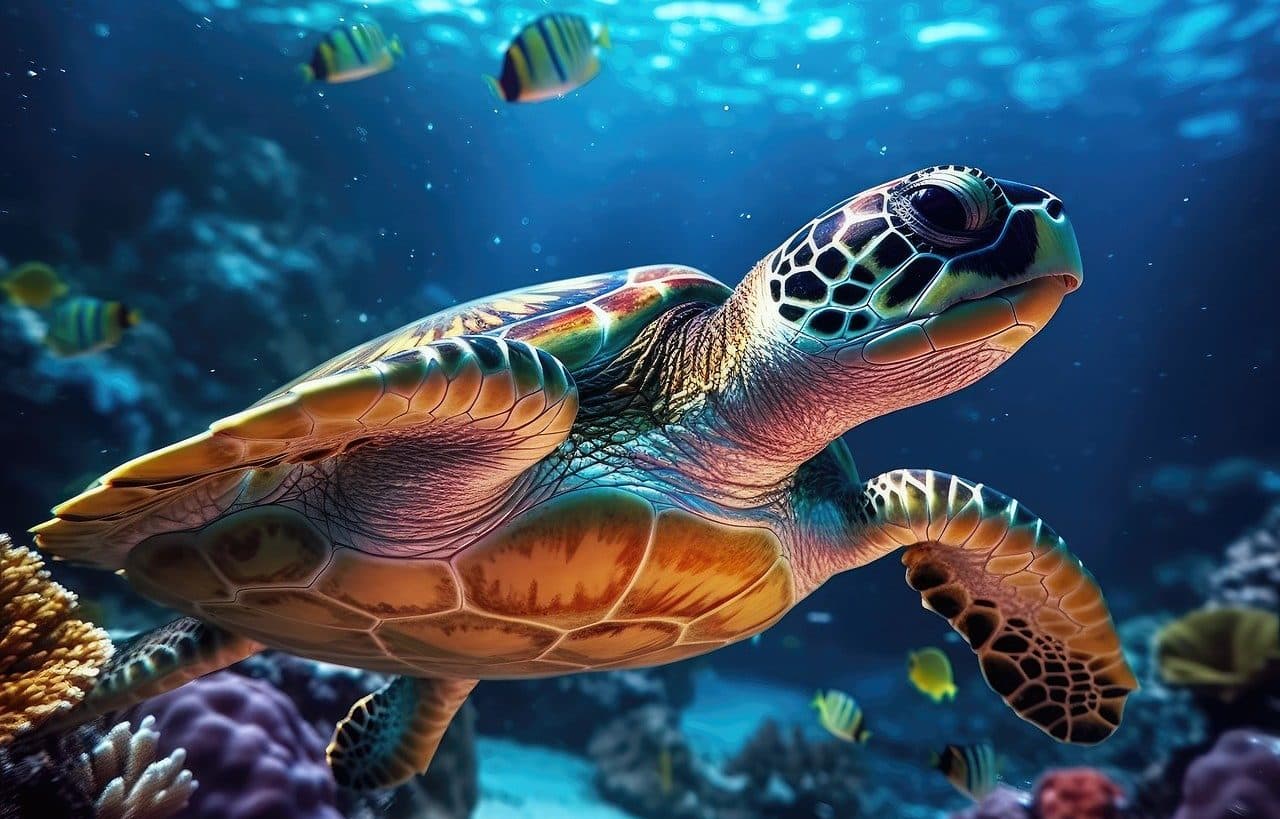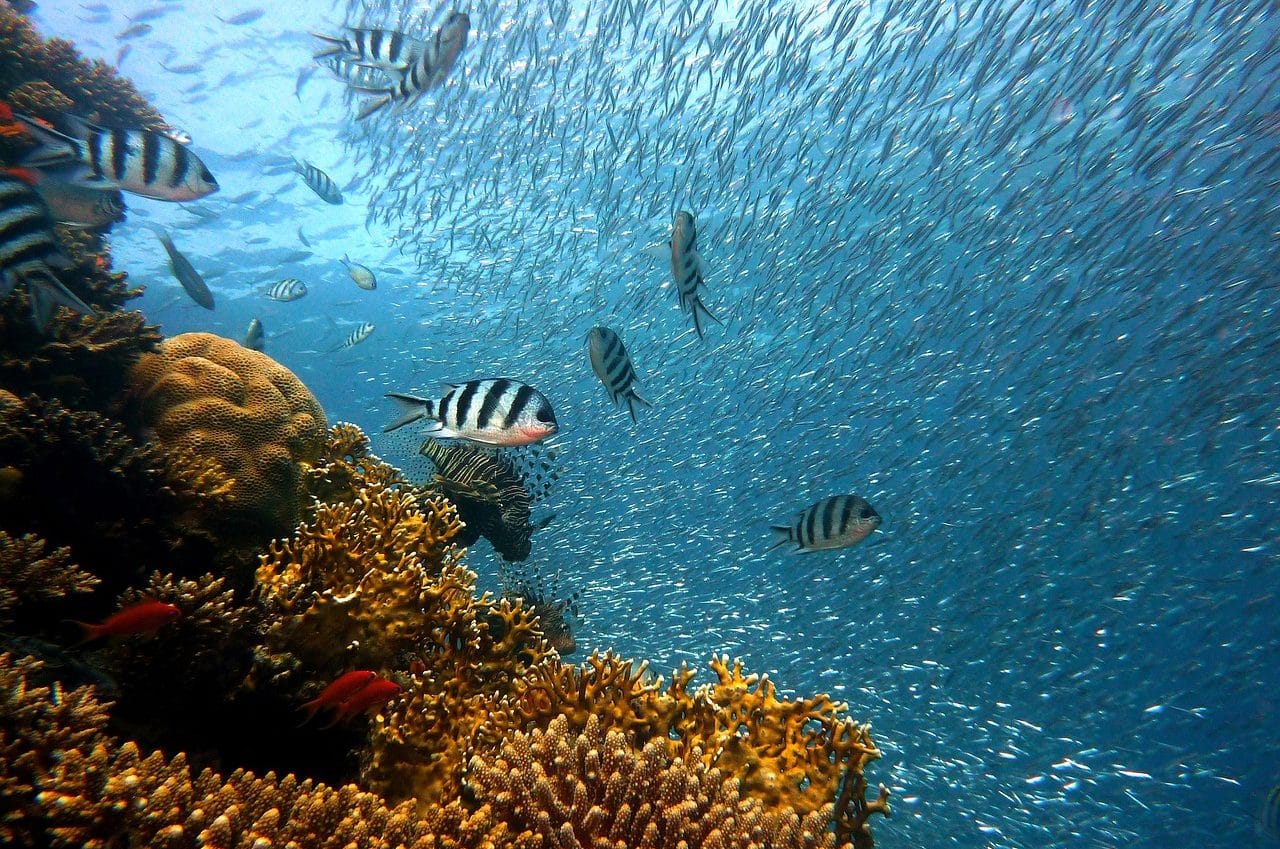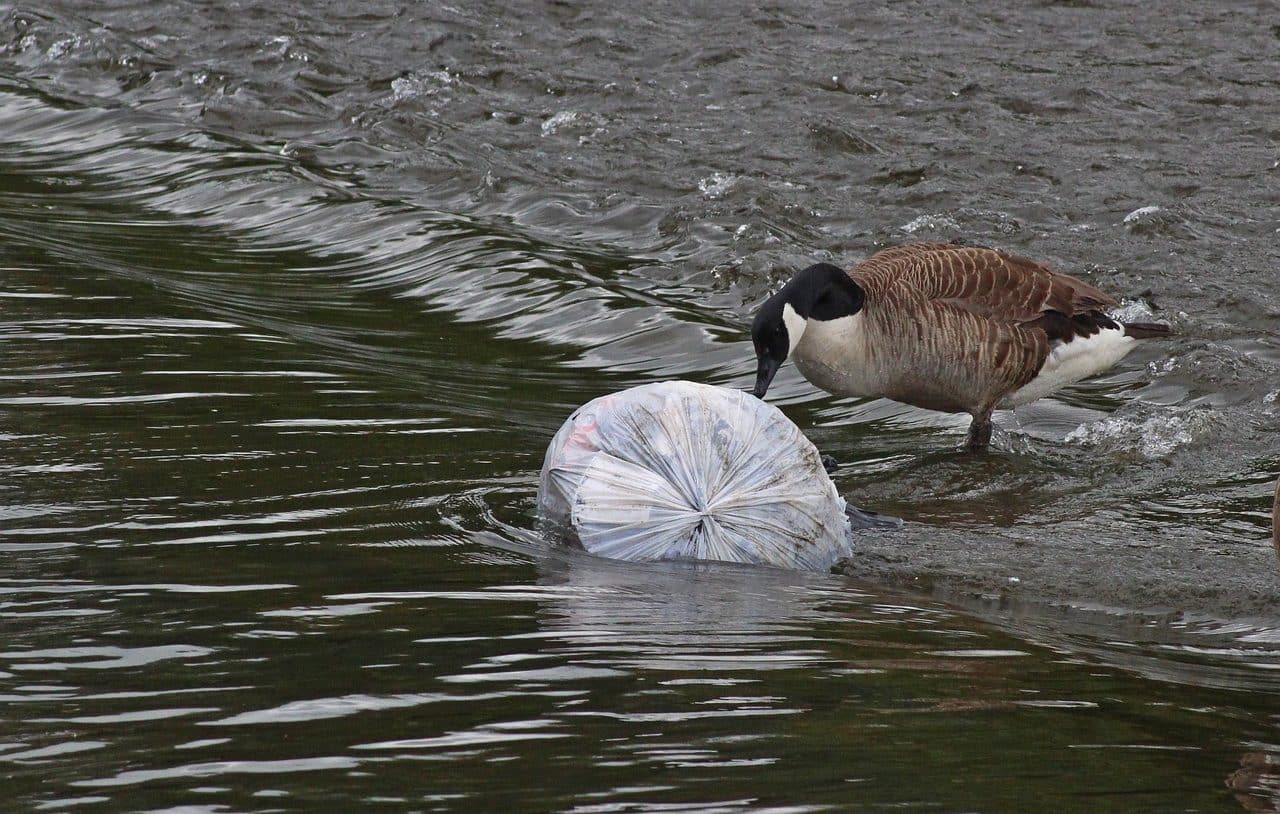
Trawling is one of the activities that, for a long time and on a global scale, seriously threatens marine biodiversity.
Marine biodiversity is a concept typical of the fields of biology and ecology that refers to the enormous variety of biotic factors that inhabit marine environments and that favor the sustainable and healthy development of the planet.
When comparing the biological diversity of the oceans with that of the terrestrial environment, differences in composition, dynamics and structures come to light. In this framework, greater stability in terms of temperature and the presence of life forms in suspension are observed in the marine environment , requiring a not so high expenditure of energy. Thus, in the most superficial layers the highest concentration of marine life appears but there are also, in the rest of the water, other beings that occupy the entire volume of the mass in question.
It should be noted that in numerous bodies of water there are, in addition to living beings, nutrients and particles of an organic nature, substances and elements that generate marine pollution , a problem that must be prevented and combated throughout the world against the loss of marine habitats .
Components of marine biodiversity
Marine biodiversity encompasses multiple components, some of which we will describe below for informational purposes.
Firstly, it is necessary to focus on marine species . Both marine flora and fauna are vital for the balance of nature.
In salt water it is common to see dolphins , fish , whales , sharks and rays , for example. In fresh water , meanwhile, you can find populations of turtles , otters and ducks , among many other animals.
It is enriching to know that seagrass meadows are distributed worldwide (which, due to their species profile, are classified as multispecific or monospecific and are highly valued as fertilizers for sandy soils), mangroves (key to protecting waves and wind erosion to the coasts) and coral reefs (where echinoderms , mollusks , crustaceans , etc. are located).
Nor should we stop focusing attention on the different types of marine environments . At this point, deep-sea ecosystems , pelagic ecosystems (a medium of low maturity with very unstable biological and physicochemical aspects) and benthic ecosystems (located on the seabed) gain visibility.

Protecting coral reefs is vital to guarantee the survival and well-being of numerous marine species.
Conservation and management
Given the strong threats that put marine biodiversity at risk, it is essential that all governments take care, separately but also together, appealing to international cooperation in marine conservation and financing, to promote and implement measures aimed at marine conservation. and to optimal management of biological diversity in aquatic territories. As it is an issue that concerns all of humanity, each person must inform themselves, train themselves and stay aware of the reality of life on Earth to take an active role in adopting positive and respectful habits in relation to the environment.
It is necessary to work to stop and eradicate pollution from chemical and plastic spills in the ocean: it is even urgent to achieve a reduction in the carbon footprint of navigation . There is also a loss of marine habitats as a consequence of climate change . Ocean acidification , overfishing , and the spread of marine invasive species also have negative effects. Through activism, community participation and conferences it is possible to generate a change in mentality that, at least in the medium term, translates into greater wealth and healthier conditions in the marine space .
The rise in sea level is another phenomenon of concern given that the advance of water exacerbates erosion in coastal areas and, through flooding, damages buildings and puts in check everything from the economy to the quality of life of the affected communities.
For all this, efforts aimed at international policies and legislation that are effective for the protection of ocean ecosystems and the conservation of marine biodiversity are essential.
Social awareness campaigns regarding the importance of respecting and caring for all forms of life; the restoration of marine ecosystems ; The declaration and maintenance of marine protected areas (MPA) and strategies that aim to conserve fauna and flora are part of the imperative actions to achieve good results and advances in ecological matters.

Marine pollution threatens optimal water quality and is fatal for a significant number of species.
Importance of marine biodiversity
Marine biodiversity is important to guarantee the well-being of all living beings and fight climate change .
By maintaining marine ecosystems in a good state of conservation and diversity , food security and the availability of multiple resources are promoted. A healthy marine environment is also essential to balance the planet's temperature and, indirectly, guarantee a large number of sources of employment in sectors such as the fishing industry and tourism , to indicate two specific cases.
